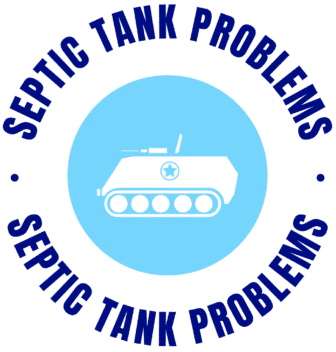This article will cover how salt can block a leach field. Your home is very important. It is your sanctuary from the hustle and bustle of your busy life. When you have a clean and organized home, you will able to function properly. You would be able to shower, eat, sleep, and hang out without any amount of discomfort or stress. To achieve this on a regular basis, you have to make sure that every element in your property is in optimal condition. Your leach field is critical in your property’s sanitation. It is the last stage of wastewater treatment system. The septic tank is the first stage. It has resident anaerobic bacteria that break down solid waste particles. The clear, pre-treated effluent will then pass through the leach field to be purified before it is released in the surrounding area to be used again. Just like any system, your leach field is susceptible to malfunctions. The most common issue that you should be ready for is blockage commonly caused by organic matter and minerals such as salt and calcium. Once the leach field is blocked and it isn’t treated, it will ultimately fail. If you have a failed leach field, you should prepare yourself for thousands of dollars worth of repairs and replacements. We should understand how salt can block a leach field.
There are many causes of possible leach field blockage. One is improper waste disposal. Many households dump non-biodegradable materials into their drains and toilets. These substances cannot be broken down by anaerobic or aerobic bacteria. As a result, they just accumulate in the tank. Eventually, they get pushed into the leach field to clog the process. Another cause of leach field blockage is an invasive root system. If you love plants, you will have them around your septic area. Their easiest source is your leach field. The trees need a regular source of water and nutrients. Their complex root systems grow into your leach field lines, they form walls of roots that block the normal passage of wastewater treatment. You have to talk to your septic expert to remove the embedded roots so that your septic system can be saved from failure. They could even help prevent further root growth.
Soil compaction is also a cause of leach field blockage. It happens when you transform your leach field into a storage facility, parking lot, or driveway. The heavy weight will crush the leach field pipes and interrupt the proper flow of effluent. There will be effluent flooding, backups, and overflows to look forward to. You should also know how salt can block a leach field. Water softeners have sodium carbonate or salt. Many households have hard water problems. Hard water makes cleaning and washing chores difficult and costly because you tend to use more soap, more energy, and more water. You also end up with soap scum that will clog your septic system. Using water softeners also means that you increase your septic’s water load because you have to repeat the cleaning process all over again. This stirs up the solid waste particles in the septic tank. The bacteria cannot break them down like they normally do. They just float around in the tank. Eventually, they are pushed into the leach field. They block the wastewater treatment process. Using water softeners frequently will increase the amount of salts that enter the septic system.
Experts believe that if a freshwater environment is made into a saltwater one, the organisms that live in it will die off. This is similar with the bacteria in your septic system. Salt is a preservative. It gets rid of bacteria in organic matter so that the item will last longer. It is only ideal to keep salt at a minimum in your leach field or septic in general. If you have hard water problems, you should consult your septic expert. They know what additives to put into your septic so that salt won’t negatively affect it. You have the responsibility of keeping your leach field safe. If you do this right, you will make your septic last for a longer period.
